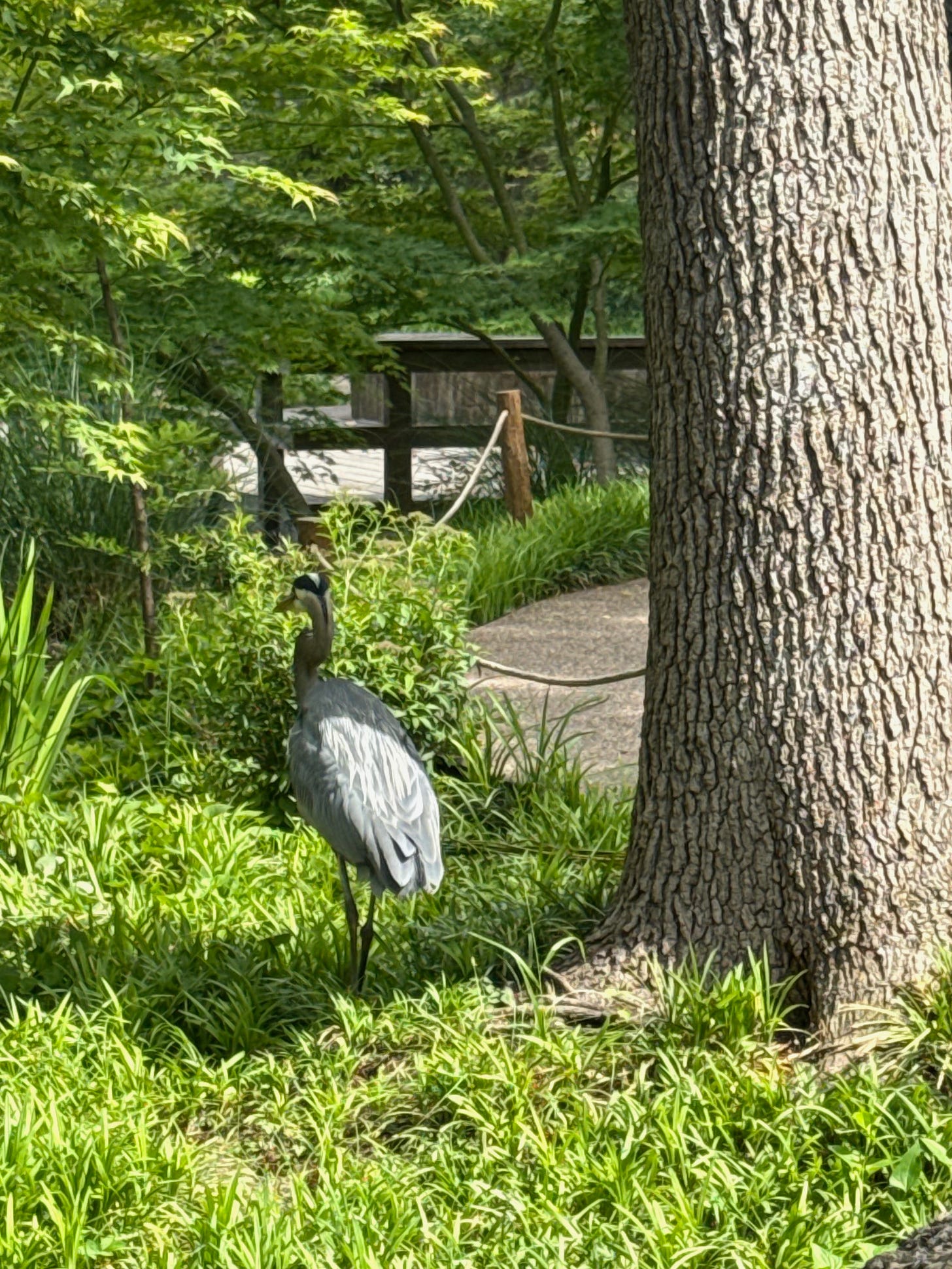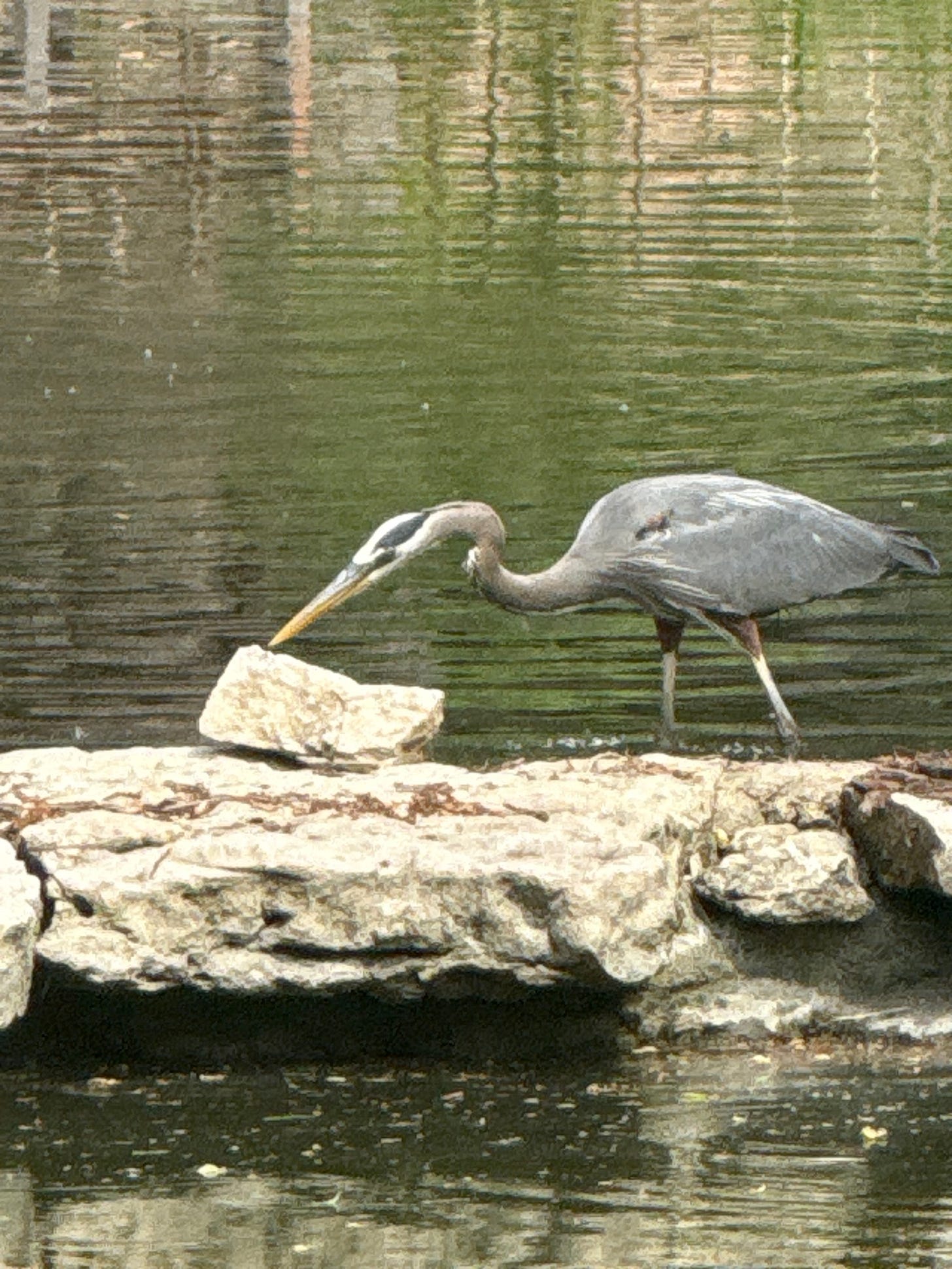I’m in a season that is heavy with transitions and grief anniversaries. Like many highly sensitive people, I feel like grief permeates me when it arrives, often staying longer than I’d prefer.
It’s perhaps not surprising that, when my 13-year-old recently traveled out of state for a Taekwondo tournament with our family friends, I was primed for grief as well as excitement.
I’m well aware that he’s not little anymore. I’ve long had to tilt my head to look him in the eyes. His shoes are by far the largest in the family. He sang bass in a barbershop quartet this spring and regularly discusses topics from the news with a level of intellectual sophistication that belies his chronological age.
But his social and emotional maturation?
That’s easier to miss when you live with a teenager who clearly feels safe enough with his parents to share his unfiltered thoughts and opinions. All the time. About everything.
My husband and I worried about how our son would handle the challenges of traveling and competing without his parents there as a safe space to recuperate. How would our only child handle being with three other kids in a rental house? Would our son remember his manners, find a respectful tone of voice, and figure out how to coexist with five other people for several days?
Fortunately, he rose to the occasion. The trip went well.
That sound you heard? My gigantic sigh of relief. It was a big leap of faith for me to agree to let our son go on this trip. Faith in what his father and I have been doing as parents; faith in our son; and faith in our friends that yes, they were up to the challenge of taking another kid on this trip.
I’m glad I trusted my intuition that it would all work out in the end, even with all my worries. It was an incredible experience for my son, and he seems to be even more independent and responsible now.
But at the same time, the grief lingers. Where has my little kid gone? The toddler who cried at drop-off and pickup at daycare or play dates or birthday parties has grown into a teen who effortlessly popped on and off phone calls to his parents, a thousand miles away.
The stereotype is true: you raise them to be mature and independent, but it hurts when they do it!
Grief is the emotional experience of transition.
I know that the way to work with this grief is to be present and mindful, to let go of judgments, and to appreciate what is. Bringing as much self-compassion as I can to the process lightens the load, when I remember to do it.
Adolescence is a strange time of grief for any family. Everyone is transitioning, dealing with changes that have to happen. The transition is easier when we name the grief and create space for it, just like all the other feelings that arise.
And that’s what I’m trying to do: lean into my sensitivity and use my skill of holding a complex mix of emotions about my son’s adolescence.
That skill was never more needed than when my son texted me these two photos of a great blue heron he and our friends saw at a botanical garden. No words, just two photos. But I knew how much he was saying with them.
From the time he was a toddler, my son and I would look for herons in the creek by our house and at nearby ponds. What started out as a species that was easy for a young birder to spot became a favorite for both of us.
We marveled at their ability to catch a fish with lightning speed, to alight with a graceful stretch of wings and legs. More than anything, we admired their ability to stand still and motionless, a steady, patient presence in the ripple of water or the swaying of grass in the breeze.
What is the emotional weight of a heron?
I can hear the words that weren’t in my son’s text: Look mama, a heron! His excitement and tenderness were palpable. His connection to home and family and rituals, all expressed in snapshots, came to me on a wave of delight and grief.
All I can do is ride that wave, take the feelings as they come, and allow this transition to unfold. The little boy, the teen, the man who has yet to emerge? They are all present in the simple gesture of those photos, in the stillness of the heron, and in the heaviness of my grief.
I wouldn’t change a thing.








You’ve perfectly captured the joys and pains of being a parent. 💖
You wrote, “Grief is the emotional experience of transition,” and that simple sentence has been echoing in my mind. It’s such a powerful way to frame the feeling. We often think of grief as being tied to loss, to something ending, but you’ve highlighted that it’s also about change, about moving from one state to another. And transitions, as you so eloquently describe, are constant in life, especially in the journey of parenthood. Each stage, each milestone, is a little death and rebirth. It’s a beautiful but sometimes painful dance, and acknowledging the grief within those transitions allows us to embrace them more fully, with compassion and understanding.